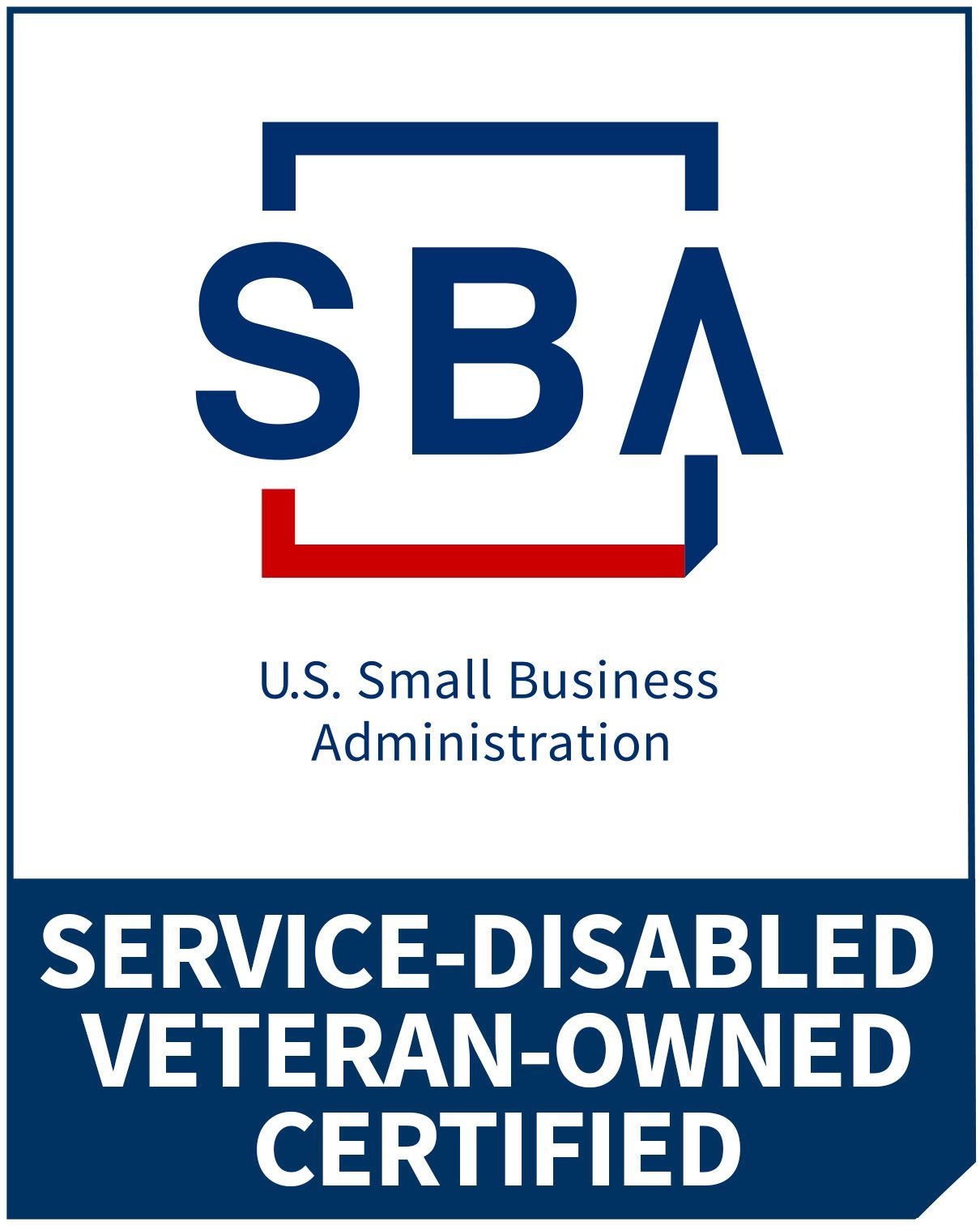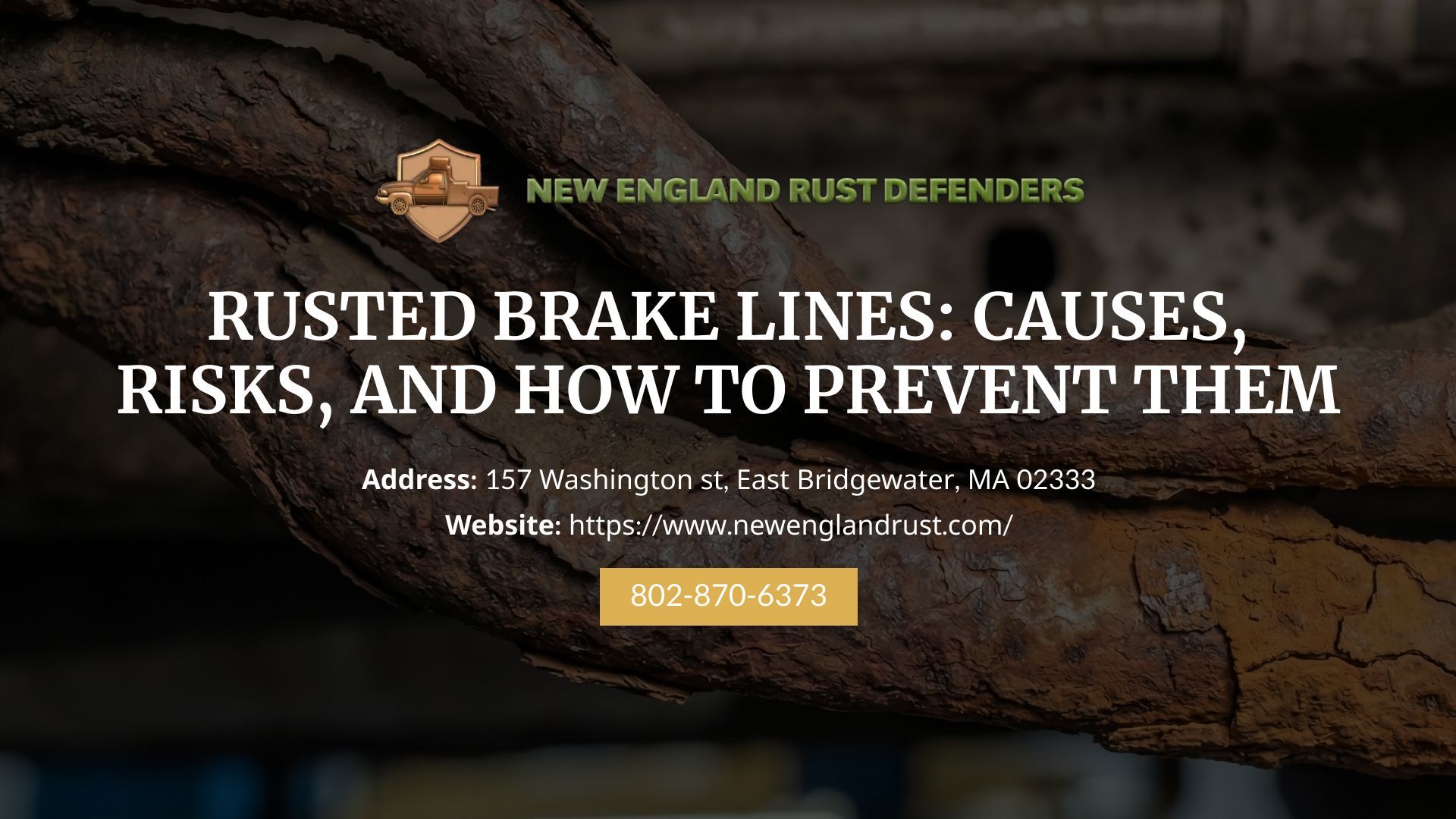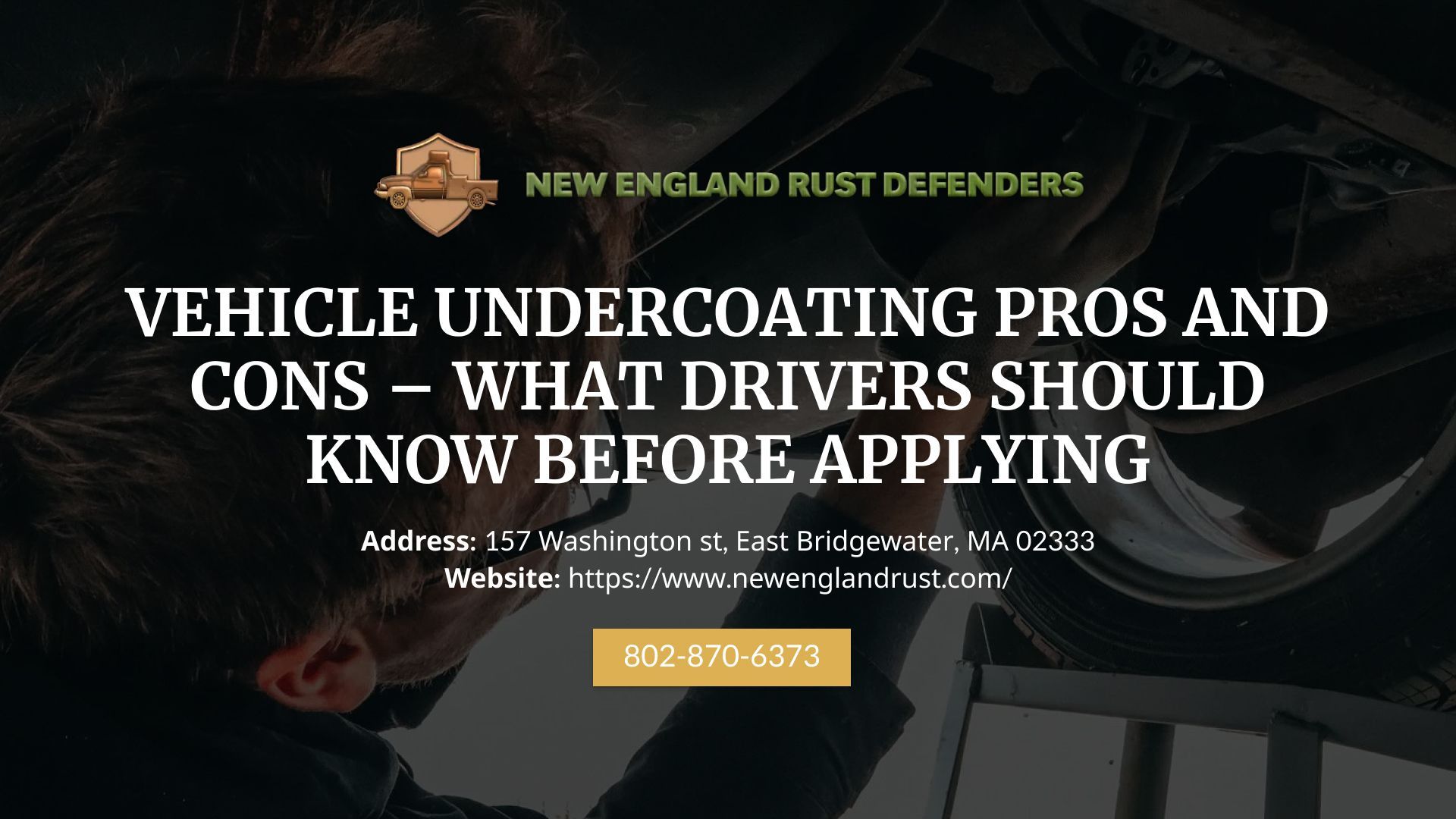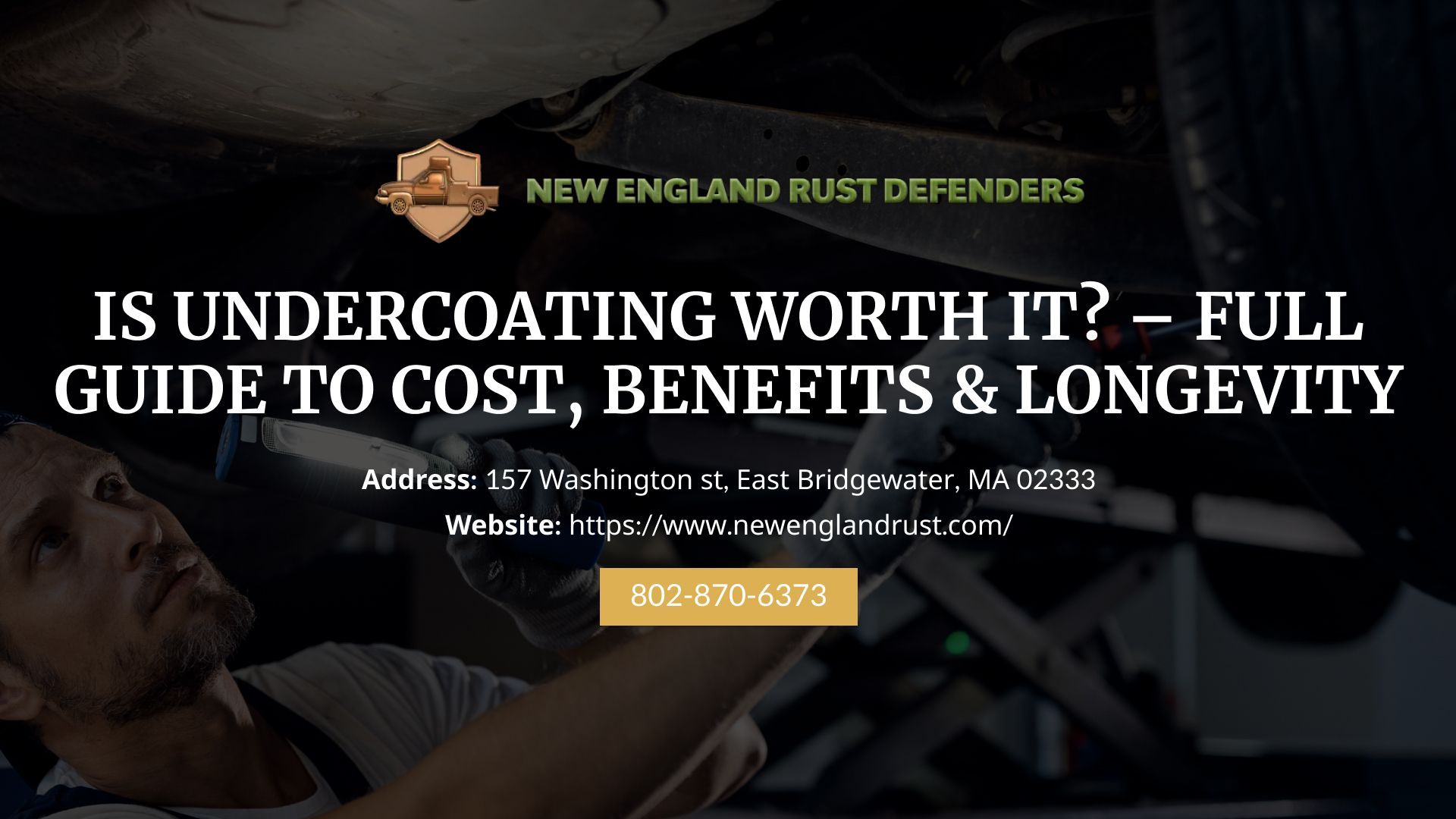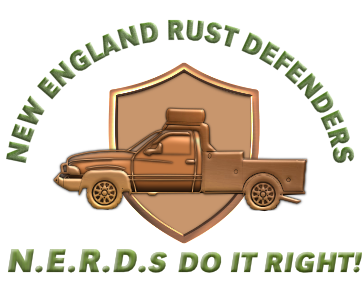How To Fix Rusted Wheel Wells And Stop Rust
Rusted wheel wells may start as minor issues, but can quickly compromise a vehicle’s value and structure. That's why in this guide, you will learn step-by-step
how to fix rusted wheel wells to stop corrosion in the future.
Key Takeaways
- Wheel well rust comes from salt, mud, gravel, and paint damage, exposing the metal.
- Rusting wheel wells can weaken the vehicle’s structure, affect ride stability, and lower resale value.
- Fix rust by removing oxidation, patching, and sealing with coatings.
- Prevent rust by washing wheel wells regularly, applying rubberized undercoating, and touching up paint chips promptly.
- DIY repairs cost $50–$150, while professional restoration for severe rust typically ranges from $300–$700.
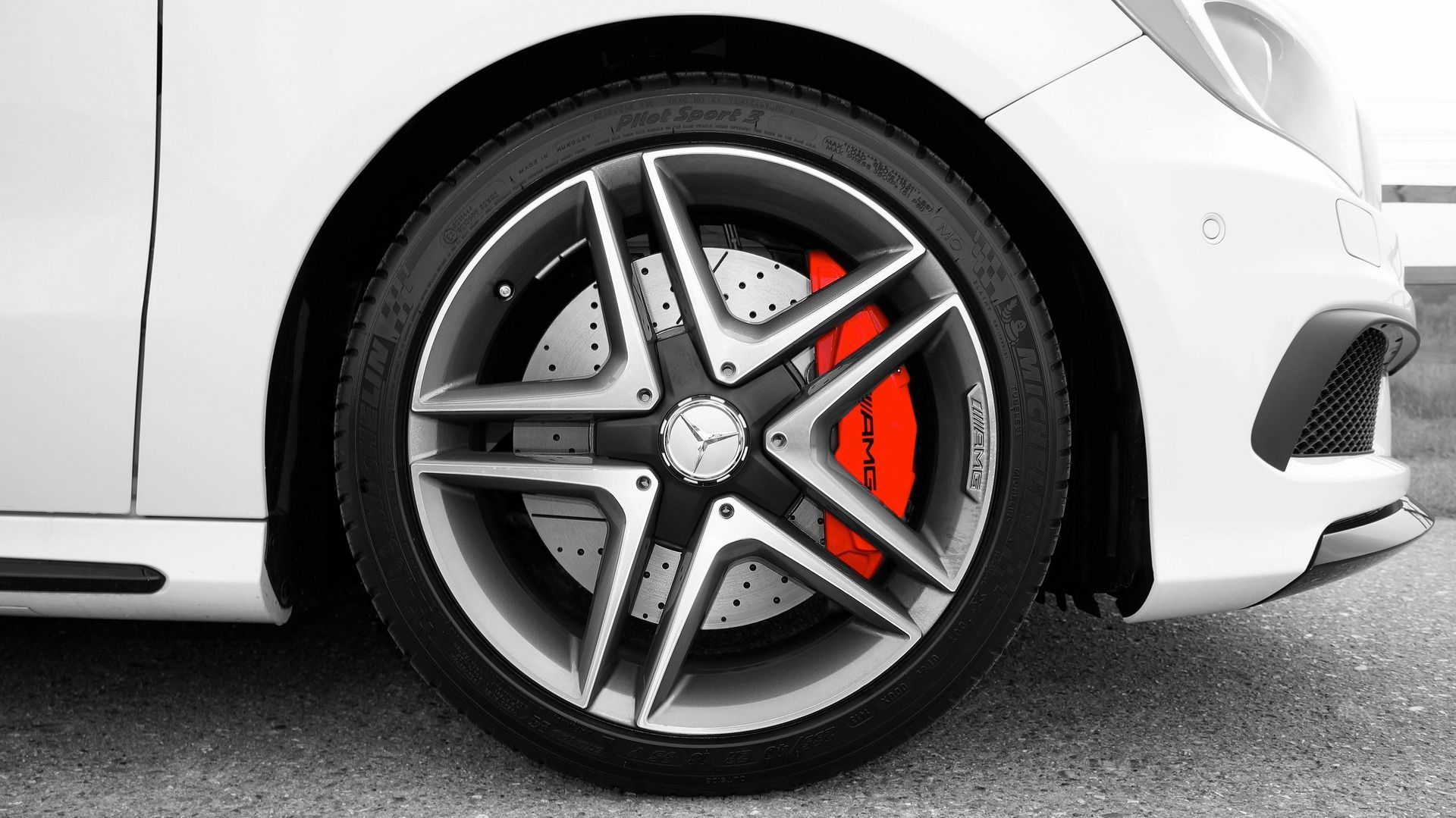
What Causes Wheel Well Rust?
Rusting wheel wells often develop when moisture and oxygen reach unprotected metal surfaces. Common causes include:
- Winter road salt accelerates oxidation by breaking down protective coatings
- Mud and gravel trap water against steel panels
- Chipped paint exposes bare metal to air and rainwater
Why Is Wheel Well Rust Bad For Your Vehicle?
A rusted wheel well can weaken the vehicle’s body structure and spread corrosion to frame components and suspension mounts. This damage reduces structural integrity, affects ride stability, and lowers the overall resale value of the vehicle.
How To Fix Rusted Wheel Wells: Step-By-Step Guide
Repairing rust in wheel wells means removing oxidation, restoring the metal surface, and adding lasting protection. You can also follow this complete vehicle rust repair guide for more tips before starting.
Step 1: Gather Tools
Prepare essential items such as wire brushes, grinders, sandpaper, body filler, primer, color-matched paint, and clear coat. A rust converter is especially helpful for tight areas inside the wheel arch.
Step 2: Remove Rust
Grind or sand away rusted metal until clean, bare steel is visible. In narrow sections such as the inner fender, use a chemical rust remover to reach all surfaces. Removing every trace of oxidation is key to preventing corrosion from returning.
Step 3: Patch Holes
When rust has created holes, patch the damaged areas with fiberglass mesh, metal repair panels, or automotive filler. Smooth the repair so the surface blends seamlessly with the surrounding wheel housing.
Step 4: Prime & Paint
Coat the repaired wheel well sections with automotive primer to seal the metal. Apply matching paint and finish with a clear coat or rubberized undercoating to shield the area from road salt and grit.
How To Stop Rust In Wheel Wells Before It Starts
Preventing rust is easier and less expensive than repairing severe corrosion. Keep wheel wells clean, sealed, and well-protected throughout the year.
- Clean Regularly: Wash the wheel wells at least once a week during winter to remove salt, mud, and road debris.
- Apply Water Repellent: Use rubberized undercoating or ceramic sprays to create a barrier that blocks moisture from reaching the metal surface.
- Touch Up Paint: Repair any paint chips promptly to stop oxidation from starting and spreading across the wheel well.
How Much Does It Cost To Fix Wheel Well Rust?
Minor surface rust repair can cost $50–$150 with DIY tools. For a detailed breakdown of overall car rust repair costs, professional wheel well restoration for severe corrosion often ranges from $300–$700, especially with paint matching.
DIY Vs. Professional Rust Repair
Choosing between DIY and professional work depends on budget, skill, and available time.
| Option | Cost Range | Durability | Time Needed | Skill Level |
|---|---|---|---|---|
| DIY Repair | $50–$150 | Medium | 4–8 hours | Intermediate |
| Professional | $300–$700 | High | 1–2 days | None |
Conclusion: DIY work is cost-effective for small jobs, but professional auto body shops use industrial tools and high-grade coatings for longer-lasting protection.
Book Wheel-Well Guard Service Today
Ensure lasting protection for your wheel wells with a professional Wheel-well Guard service from New England Rust Defenders. Our team uses proven protective coatings to stop corrosion and extend the life of metal panels. Schedule your service today for lasting vehicle protection!

